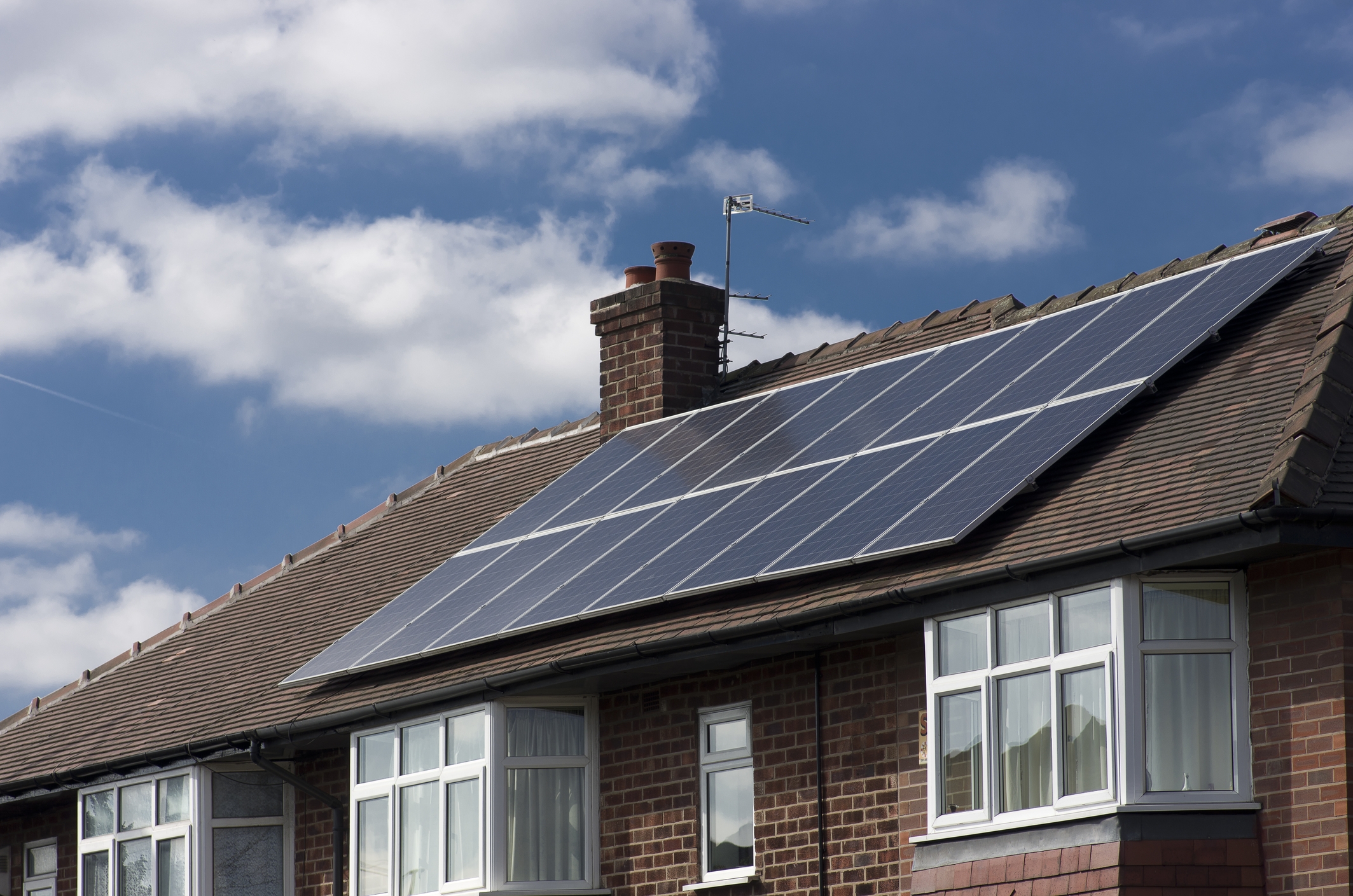Table of Content
These give homeowners the best of both worlds, perhaps with a little outdoor grassy lawn and patio that can be used exclusively by the owner. My assumption is townhomes are more common on the east cost of the United States, though you may see them in all cities throughout the country. Or envision a house that has adjoining homes on both sides it if you’re outside facing the front of it, as seen above. I think there’s a more positive connotation with the word condo than there is with apartment, as if condos are nicer or more luxurious than apartments. Our experts have been helping you master your money for over four decades. We continually strive to provide consumers with the expert advice and tools needed to succeed throughout life’s financial journey.

However, townhouses are generally part of a homeowners association , so you may still be required to pay monthly or annual fees for maintenance and amenities. Some HOA fees only cover mowing for common areas, so you could still be responsible for taking care of your yard. Fannie and Freddie also require that homeowners' associations put at least 10 percent of their annual revenues into a reserve fund for long-term needs. The FHA has a stricter standard, and requires that a property have passed a financial review in the past 12 months.
Apply for a mortgage today!
Even with help from a real estate professional, it can be beneficial for you to personally investigate condos and management companies. Consider meeting with members of the condo association or current residents to gain more insights on living in the complex. If an association you’re interested in is in financial trouble, that could make it more difficult to get approved for a loan, or ultimately cost you more for the riskier undertaking. The best place to start condo searching is through HUD’s list of FHA-approved condominiums. Also, check with a local real estate agent experienced in condos.
You own the roof, the foundation, the boiler and everything else. This is compounded by the fact that your condo might change the building or its amenities, changing your original investment. With a condo, you still share walls and doors with your neighbors. This means that you have to put up with the noise of other people, their complaints, and all the other concerns of a shared space.
Tips For Buying A Condominium
These adjustments vary from lender to lender, so it pays to shop around. New condos will often work with preferred lenders who will provide home mortgage loans before the condos are able to become warrantable. Other financing options, such as an FHA or VA loan, may also be available to you.
Consider how much responsibility you want for building and yard maintenance, as well as how much freedom you want. Homeowners have to pay for most of their own maintenance, but they don't have to follow as many rules and often have more privacy. Some people use the terms "condo" and "house" interchangeably, but the differences are important.
Do you own the land when you buy a condo?
Other home buying costs may also prove higher for condo loan applicants, including private mortgage insurance and home appraisals, given larger down payment costs and more potential hidden hazards. Many mortgage brokers will not lend to a buyer of a non-warrantable condo since Fannie Mae and Freddie Mac won’t buy those mortgages. Unfortunately, this limits the borrowing options for potential homeowners seeking a condo mortgage loan. The remaining lenders look at non-warrantable condo loans as an increased risk, and will typically only offer financing at high interest rates with large down payment requirements. Lenders have been wary of condo loans since the whole mortgage breakdown. There is added risk for the mortgage lender with a condo because the homeowner’s association introduces an added level of variability and potential risk beyond your personal finances.

A condo can make a great starter home, but weigh the pros and cons of buying a condo vs. a house to decide whether it's right for you. We believe everyone should be able to make financial decisions with confidence. All of these things can make getting a mortgage for a condominium a bit more complicated than getting a loan for a single-family home. But they shouldn't be major obstacles, as long as you're prepared for them. Buying a condominium is often the choice of people who value convenience. But getting that convenience means you have to put up with a few extra challenges when it comes to qualifying for a condo mortgage.
You must meet all of these requirements to qualify for a conforming loan. Otherwise, you will need to apply for a non-conforming or subprime mortgage. Unfortunately, figuring out whether your condo is warrantable isn’t an easy task. Fannie Mae and Freddie Mac don’t keep a public list of approved projects. Instead, your lender (or a real estate agent, if you’re selling) may have to order a condo project review to determine whether the property is warrantable. Condo mortgages call for additional documentation, because lenders screen both the borrower and the condo project.
Bankrate follows a strict editorial policy, so you can trust that we’re putting your interests first. Purchasing a condominium using a condo loan is often a good bet for families just starting out or individuals who wish to put minimum maintenance and upkeep into their residence. Less than 15% of total units are 60 days or more in arrears on association dues. At least 50% of the units are owner-occupied as opposed to being investment properties.
It may be non-warrantable because the condo project sends insufficient money to its reserve fund for emergency expenses. Both symptoms reveal that the HOA may have cash flow problems. If an association cannot meet its financial obligations, owners may see their association dues increase. In some cases, owners may have to pay a special assessment to pay for necessary repairs and improvements. You can buy a condo unit with a conventional mortgage if the unit and the development meet the criteria established by Fannie Mae and Freddie Mac.

Simply put, less is shared with the community, so dues can be lower relative to condos. Similar to condos, the adjacent townhomes will be part of the same HOA and each owner will pay dues to maintain certain shared amenities and common areas. That said, borrowers can apply for condo loans through the same programs as any other type of home. Condos are a popular choice for first-time home buyers as they’re often smaller, more affordable, and less demanding or time-consuming to maintain than single-family residences. Note that purchasing a condo means buying into the building’s homeowners association and agreeing to abide by its guidelines. With maintenance and HOA fees, many condominiums can have surprisingly high monthly costs relative to a house.
If leasing your home to a tenant is something you plan to do in order to make some income while you’re away, keep in mind that it may not always be an option. The exterior condition of the house is the owner's responsibility. If you're not handy with yardwork yourself, you'll have to hire someone and pay them out of your own pocket. When you own a house, you're responsible for all maintenance. That includes everything from fresh paint to a new water heater.
You own your unit and a pro-rata share of the common areas in the development. In an apartment-style condominium, for example, the common areas might include a lobby, parking area, swimming pool, and fitness center. Department of Housing and Urban Development have a condo-approved list for FHA loans. If a condo doesn’t appear on the list, the borrower will need to seek a different loan type, like a conventional mortgage.
